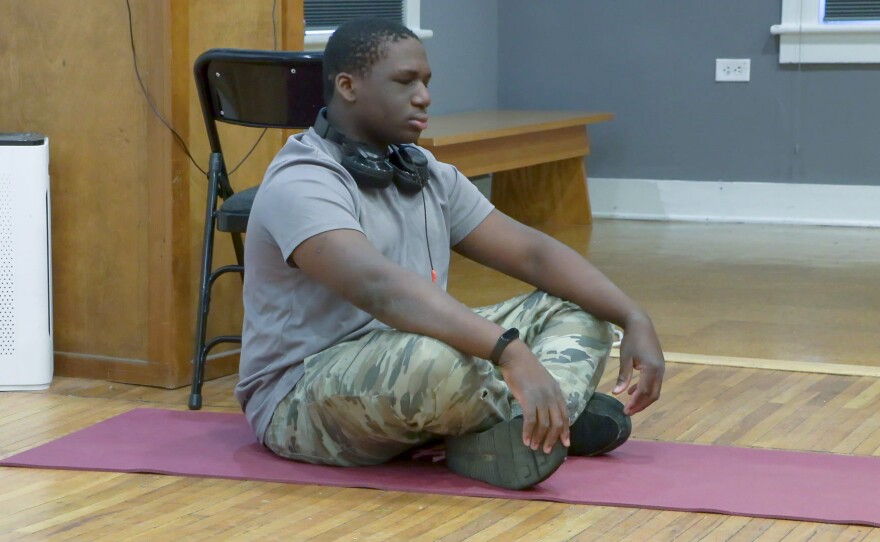The COVID-19 pandemic fueled a rise in anxiety and depression in teens. According to a CDC survey, more than 1 in 3 high school students reported experiencing persistent feelings of sadness or hopelessness.
Two Virginia educators said the key to addressing mental health problems is getting students connected to one another.
“Humans are pack animals. We really depend on one another,” explained Joseph Allen, a psychology professor at the University of Virginia. “Without other people, we wouldn't survive for very long. And what adolescents are in the midst of doing is learning just how to manage those relationships.”
Allen said COVID “deprived adolescents of relationship experiences at a key point.” He said the mental health impacts of the pandemic on teens and young adults could be long-lasting and difficult to address.
“If you had a three-year-old going through their growth spurt, and they didn't get any protein in their diet for a year, that would be terrible,” Allen explained. “Adolescents didn't get any social relationship experience in their diets for a year during a critical period.”
Allen, whose research focuses on adolescent social development and peer relationships, started a program at UVA called “Hoos Connected” in 2018 to help students manage difficult developmental transitions — like the one from high school to college. Participants are guided through a course that helps them form authentic, meaningful friendships.
The program grew out of a study Allen conducted, which followed about 200 Charlottesville teens for 25 years to observe how they formed friendships and social connections.
The program has grown from a few dozen students when it began to about a thousand participants this year. Students who once took the Hoos Connected course now work as program facilitators for first- and second-year students, as well as transfers.
“Sometimes, we put on these masks to fit in with others,” said Tylar Schmitt, a facilitator and fourth-year psychology major. “How can we sort of break down those masks and know each other for our authentic selves?”
Another fourth-year psychology major, Carolin Fabian, said, “It’s showing your vulnerable sides, because I think everybody has those and everybody has things they’re struggling with.”
She explained that students in the program meet in small groups once a week to go through the pre-designed course, which Fabian said creates a safe environment that encourages sharing.
“If we’re not willing to show [vulnerabilities] to other people,” Fabian said, “then we’re not going to be able to heal together.”
Allen said the key to Hoos Connected is getting students to let down their guard. Once participants realize they are all dealing with similar struggles, “You go from intimidation and jockeying for position to support.”
At Renaissance School, a private high school in Charlottesville a few blocks from UVA’s grounds, students use meditation to address anxiety.
Welford McLellan Jr. — the school’s dean of students, diversity and inclusion — said he relies on the technique to help his students.
“When you’re trying to talk to someone who is going through stressful times, their minds don’t know where to begin,” said McLellan, who has been working with adolescents since 2005. “Taking the time to calm [their] mind will allow them to think and then share what the root causes are.”
The dean teaches a mediation technique he created called “simunye,” based on the Zulu word meaning “we are one.”
“I want students to realize that all of us need help. All of us need support,” McLellan explained. “And so, if we are one, I’m not just thinking about myself, I’m thinking about others.”
He hopes as students practice caring for others, they build a stronger community of support.
Renaissance sophomore Akinwunmi Akanmu said practicing meditation has changed his behavior.
“Before I started doing meditation, I’ve always been in a mental state of chaos,” Akanmu said. “I think a lot and sometimes, that impacts how I’m feeling or the way I treat people around me. Now that I’m doing meditation, I’ve noticed an increased improvement in my own personal mood, and I definitely treat people better.”
McLellan explained that through meditation, students get a better understanding of each other.
“It allows us to really empathize with one another, so that each and every day, instead of everything being about me, it is about the community,” he said.



